Non-Statutory Curriculum Planning Guide Page 60
ADVERTISEMENT
Non-Statutory Guidance 2012
Section 1 – Curriculum Planning
Key Stage 5 Guidance
There are many ways in which Religious Education can be provided for the key
stage 5 students but all courses should provide experiences and opportunities both
within and beyond schools that involve first-hand engagement with people of
strong commitment to a religious faith or secular belief system. An increasing
number of students are following accredited course such as Religious Studies or
Philosophy and Ethics which meet the requirements of the key stage 5 Programme
of Study in the Kent Agreed Syllabus. However, for the majority of students,
alternative provision must be made in order to meet their entitlement to Religious
Education. This guidance is directed towards meeting that need. In particular,
this guidance seeks to challenge schools to consider their current provision and
then to look creatively at the breadth of possibilities offered.
Our approach is based on three key principles:
Each student is entitled to Religious Education.
The provision for Religious Education in key stage 5 should be marked by
relevance and clear value to all students.
Schools should not be tempted to ignore or remove the students’ entitlement.
A minimum of 15 hours should be provided for Religious Education over 2
years. This time requirement is deliberately low to enable all schools to
provide Religious Education for all students, SACRE acknowledges that
more time would be valuable and that schools will need to be careful to
avoid tokenism.
Key stage 5 students should take increasing responsibility for their own learning.
Students could participate in planning their learning in Religious Education. They
could help design a suitable course, negotiate their entitlement where a variety of
options is available, or submit an idea for work of their own choosing.
The scenarios below illustrate a range of inter-linking possibilities for a Head of
Department to consider, but they are only offered as starting points.
1.
A modular programme providing Religious Education through:
a series of short modules in a General Studies course (eg philosophy of
religion, new religious movements, religion and politics, religion and the
media);
Section 1
60
ADVERTISEMENT
0 votes
Related Articles
Related forms
Related Categories
Parent category: Business
 1
1 2
2 3
3 4
4 5
5 6
6 7
7 8
8 9
9 10
10 11
11 12
12 13
13 14
14 15
15 16
16 17
17 18
18 19
19 20
20 21
21 22
22 23
23 24
24 25
25 26
26 27
27 28
28 29
29 30
30 31
31 32
32 33
33 34
34 35
35 36
36 37
37 38
38 39
39 40
40 41
41 42
42 43
43 44
44 45
45 46
46 47
47 48
48 49
49 50
50 51
51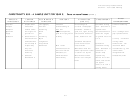 52
52 53
53 54
54 55
55 56
56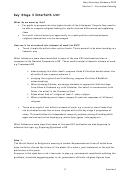 57
57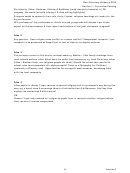 58
58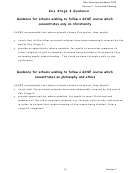 59
59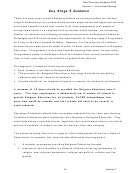 60
60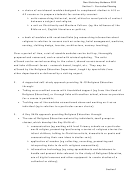 61
61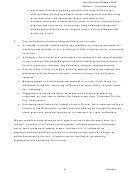 62
62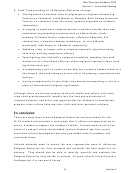 63
63








